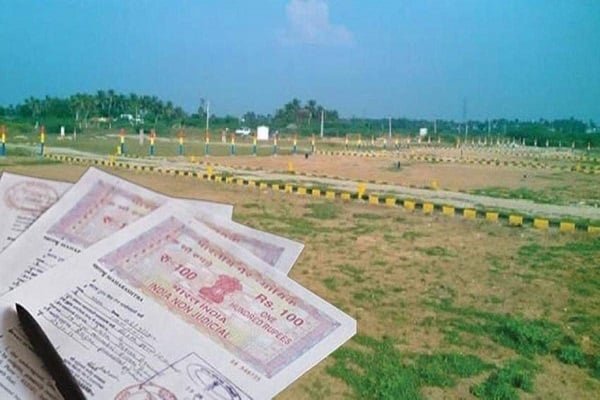The Maharashtra opposition has demanded the resignation of a state minister over alleged involvement in a ₹5,000-crore land scam linked to a prime plot in Navi Mumbai. The controversy revolves around nearly 65,000 square meters of developed land that was reportedly allotted to a private family despite multiple rejections by senior officials.
Opposition leaders allege that the allotment was cleared in return for kickbacks, even though the proposal had been turned down several times under the 12.5% developed land compensation scheme.
History of the Disputed Land
According to opposition claims, the disputed property has a long and contentious history. Originally granted to a family during the colonial era, the land was later taken over by the Maharashtra government in 1975 under the Land Ceiling Act. The family’s attempts to reclaim ownership were rejected in 1985, but decades later, they secured a favorable order from the Bombay High Court in 2014 due to what critics describe as the state’s failure to present its case properly.
Meanwhile, the city planning authority had already acquired the land in 1995 as part of Navi Mumbai’s development plans.
Data Protection and DPDP Act Readiness: Hundreds of Senior Leaders Sign Up for CDPO Program
Procedural Irregularities and Kickback Allegations
Opposition leaders allege that despite repeated rejections in 1994, 1995, 2010, and even as recently as 2023, the demand for compensation was suddenly approved after a new managing director took charge of the development authority. They claim the decision was pushed through by the state minister responsible for overseeing the file, suggesting financial inducements were involved.
The opposition has accused the ruling dispensation of protecting powerful interests and warned that the alleged scam undermines public trust in land governance and development policy.
Political Fallout and Demands for Action
The opposition has called on the Chief Minister to immediately sack the minister in question, stressing that failure to act would signal complicity at the highest levels. They argue that the case demonstrates systemic corruption within land management and raises concerns about transparency in public asset allocation.
They also pointed to earlier controversial land deals allegedly linked to the same minister, framing this latest controversy as part of a larger pattern of misuse of office.
Regulatory Gaps Under Scrutiny
The case has reignited debates over the effectiveness of land ceiling laws, compensation schemes, and the role of development authorities in safeguarding state-owned property. Analysts argue that weak enforcement and political interference have made land one of the most vulnerable sectors to corruption in Maharashtra.
As opposition protests intensify, questions remain over whether the state government will act decisively or attempt to deflect responsibility.



